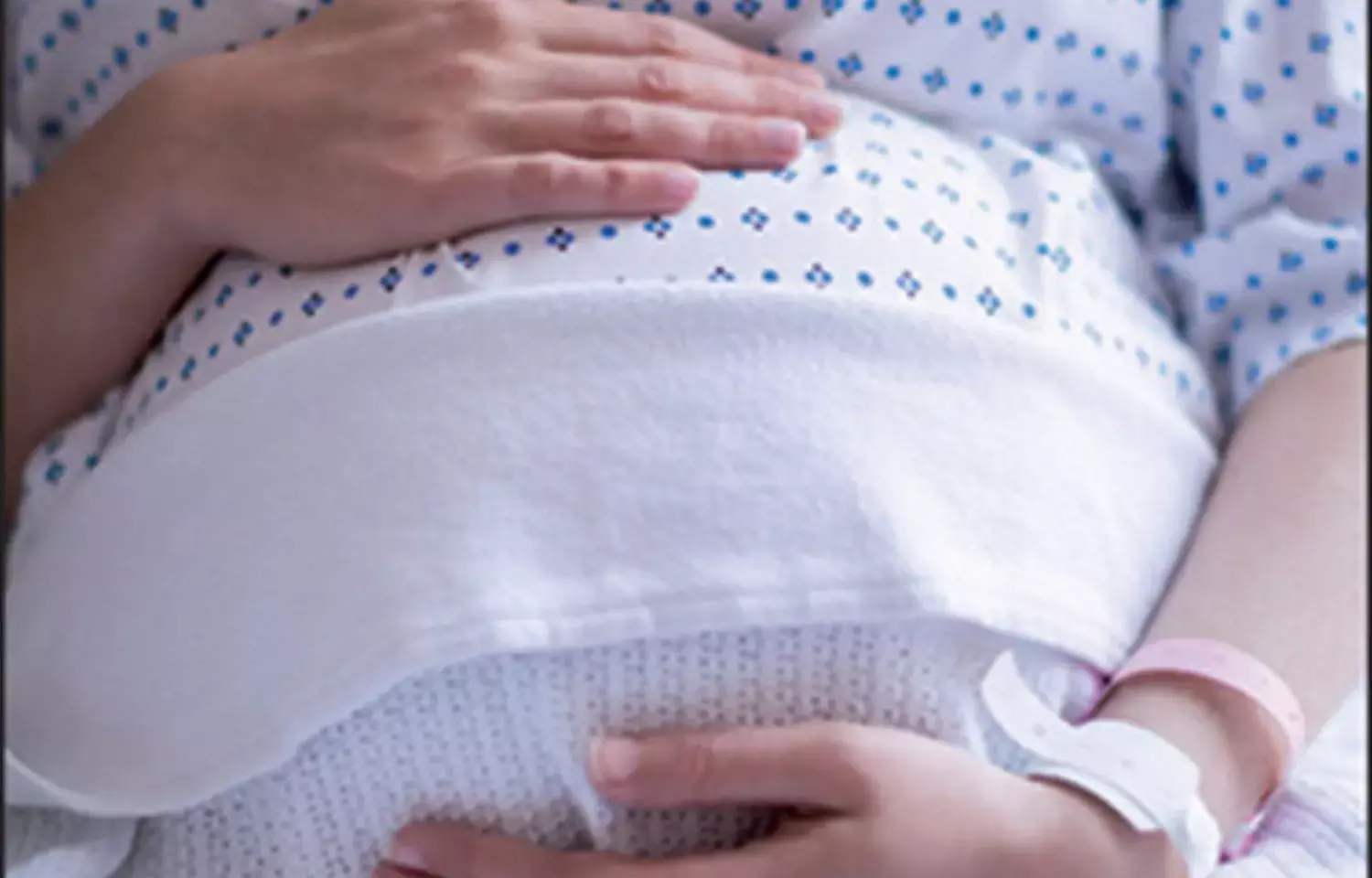- Home
- Medical news & Guidelines
- Anesthesiology
- Cardiology and CTVS
- Critical Care
- Dentistry
- Dermatology
- Diabetes and Endocrinology
- ENT
- Gastroenterology
- Medicine
- Nephrology
- Neurology
- Obstretics-Gynaecology
- Oncology
- Ophthalmology
- Orthopaedics
- Pediatrics-Neonatology
- Psychiatry
- Pulmonology
- Radiology
- Surgery
- Urology
- Laboratory Medicine
- Diet
- Nursing
- Paramedical
- Physiotherapy
- Health news
- Fact Check
- Bone Health Fact Check
- Brain Health Fact Check
- Cancer Related Fact Check
- Child Care Fact Check
- Dental and oral health fact check
- Diabetes and metabolic health fact check
- Diet and Nutrition Fact Check
- Eye and ENT Care Fact Check
- Fitness fact check
- Gut health fact check
- Heart health fact check
- Kidney health fact check
- Medical education fact check
- Men's health fact check
- Respiratory fact check
- Skin and hair care fact check
- Vaccine and Immunization fact check
- Women's health fact check
- AYUSH
- State News
- Andaman and Nicobar Islands
- Andhra Pradesh
- Arunachal Pradesh
- Assam
- Bihar
- Chandigarh
- Chattisgarh
- Dadra and Nagar Haveli
- Daman and Diu
- Delhi
- Goa
- Gujarat
- Haryana
- Himachal Pradesh
- Jammu & Kashmir
- Jharkhand
- Karnataka
- Kerala
- Ladakh
- Lakshadweep
- Madhya Pradesh
- Maharashtra
- Manipur
- Meghalaya
- Mizoram
- Nagaland
- Odisha
- Puducherry
- Punjab
- Rajasthan
- Sikkim
- Tamil Nadu
- Telangana
- Tripura
- Uttar Pradesh
- Uttrakhand
- West Bengal
- Medical Education
- Industry
Can antenatal dexamethasone prevent mortality and morbidity among late preterm newborns?

India: The largest efficacy trial of antenatal corticosteroids found no substantive changes in the risk estimates for neonatal death, perinatal death, or respiratory distress syndrome, of women receiving antenatal corticosteroids at 34 weeks gestation or greater in a low-resource country setting. The article was published in the Lancet journal eClinicalMedicine.
Globally, 11% of live births babies are born preterm(32 to <37 weeks gestation). Compared to babies born at term, preterm babies have higher rates of respiratory, infectious, and neurological morbidities; elevated risks of adverse health outcomes persisting into childhood and later life. Babies born in the late preterm period (34 to <37 weeks) experience a significantly higher rate of morbidity and mortality than those born at term. (WHO) recommended antenatal corticosteroids (ACS) used for pregnant women at risk of preterm birth from 24 to 34 weeks gestation, but is a lack of evidence of the benefit of ACS beyond 34 weeks. The WHO guideline panel acknowledged that further efficacy trials in low-resource countries on ACS use in both early and late preterm populations were a high research priority. There is currently insufficient evidence on the safety and efficacy of antenatal corticosteroids in preventing mortality and severe morbidity amongst late preterm newborns in low-resource countries.
The results of the WHO ACTION-I(Antenatal CorticosTeroids for Improving Outcomes in preterm Newborn) trial on the efficacy of dexamethasone in the early preterm period have been reported previously. In this article, the authors describe the findings of the WHO ACTION-II trial, which aimed to assess the safety and efficacy of dexamethasone when given to women at risk of late preterm birth, in hospitals in low-resource countries.
Researchers recruited 782 women, at risk of imminent preterm birth between 34 weeks 0 days and 36 weeks 0 days of gestation and randomized them (1:1) to a course of 6 mg intramuscular dexamethasone or identical placebo in four hospitals. Primary outcomes were neonatal death, any baby death (stillbirth or neonatal death), severe neonatal respiratory distress, and possible maternal bacterial infection. Secondary outcomes include maternal and newborn mortality and morbidities, and process of care outcomes.
Key findings of the study,
• Neonatal death occurred in 2.7% and 2.8% of liveborn babies in the dexamethasone group and the placebo group, respectively (RR 0.95)
• Any baby death occurred in 3.8% of infants in the dexamethasone group and 4.4%of infants in the placebo group (RR 0.87).
• Severe neonatal respiratory distress was infrequent in both groups (0.8% vs 0.5%; RR 1.56).
• The possible maternal bacterial infection did not differ between groups (2.3% vs. 3.8%, RR 0.60)
• Fewer neonates in the dexamethasone group required resuscitation at birth (RR 0.38).
• Other secondary outcomes were similar in the two arms.
The trial had to be stopped due to lower than expected prevalence of primary outcomes and slow recruitment.
The authors conclude that antenatal dexamethasone did not result in a reduction in neonatal death, stillbirth or neonatal death, or severe neonatal respiratory distress. A reduction in neonatal resuscitation at birth for newborns was identified and there was no evidence of the difference between groups for neonatal hypoglycemia. The overall trend of effects suggests that the potential benefit of dexamethasone in late preterm cannot be excluded, and further trials are required.
Reference:
WHO ACTION Trials Collaborators Open Access Published:February 11, 2022DOI:https://doi.org/10.1016/j.eclinm.2022.101285
BDS
Dr. Hiral patel (BDS) has completed BDS from Gujarat University, Baroda. She has worked in private dental steup for 8years and is currently a consulting general dentist in mumbai. She has recently completed her advanced PG diploma in clinical research and pharmacovigilance. She is passionate about writing and loves to read, analyses and write informative medical content for readers. She can be contacted at editorial@medicaldialogues.in.
Dr Kamal Kant Kohli-MBBS, DTCD- a chest specialist with more than 30 years of practice and a flair for writing clinical articles, Dr Kamal Kant Kohli joined Medical Dialogues as a Chief Editor of Medical News. Besides writing articles, as an editor, he proofreads and verifies all the medical content published on Medical Dialogues including those coming from journals, studies,medical conferences,guidelines etc. Email: drkohli@medicaldialogues.in. Contact no. 011-43720751


